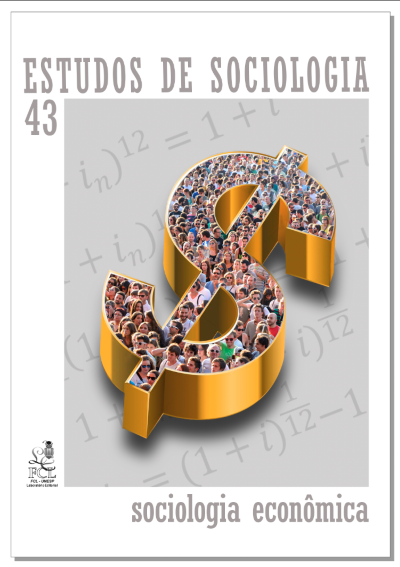The formation of two circuits of urban economy through the action of the State: the case of Cobija (Bolivia)
DOI:
https://doi.org/10.52780/res.10022Keywords:
Free Zone, State, Trade Order, Social Order,Abstract
Located on the Bolivian territorial periphery, the city of Cobija, capital of the Department of Pando, has a special territorial policy: the regulation of a Free Trade Zone. The state’s action in regards to territorial planning highlighted the premises of Milton Santos’ (2004) model of the two urban economy circuits. This paper highlights the manner in which the State can, through policies that interfere with the mercantile order, spatially segregate the urban space and promote the rearrangement of the social order.Downloads
Download data is not yet available.
Downloads
Published
15/02/2018
How to Cite
SILVA, L. L. S. da. The formation of two circuits of urban economy through the action of the State: the case of Cobija (Bolivia). Estudos de Sociologia, Araraquara, v. 22, n. 43, 2018. DOI: 10.52780/res.10022. Disponível em: https://periodicos.fclar.unesp.br/estudos/article/view/10022. Acesso em: 23 feb. 2026.
Issue
Section
Dossiê
License

À revista Estudos de Sociologia ficam reservados os direitos autorais pertinentes a todos os artigos nela publicados.
Os artigos publicados e as referências citadas na revista Estudos de Sociologia são de inteira responsabilidade de seus autores.
A Estudos de Socilogia utiliza a licença https://creativecommons.org/licenses/by/4.0/ (CC BY), que permite o compartilhamento do artigo com o reconhecimento da autoria.



